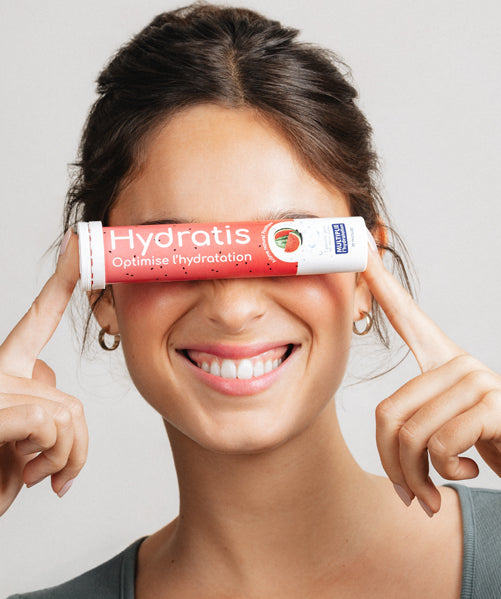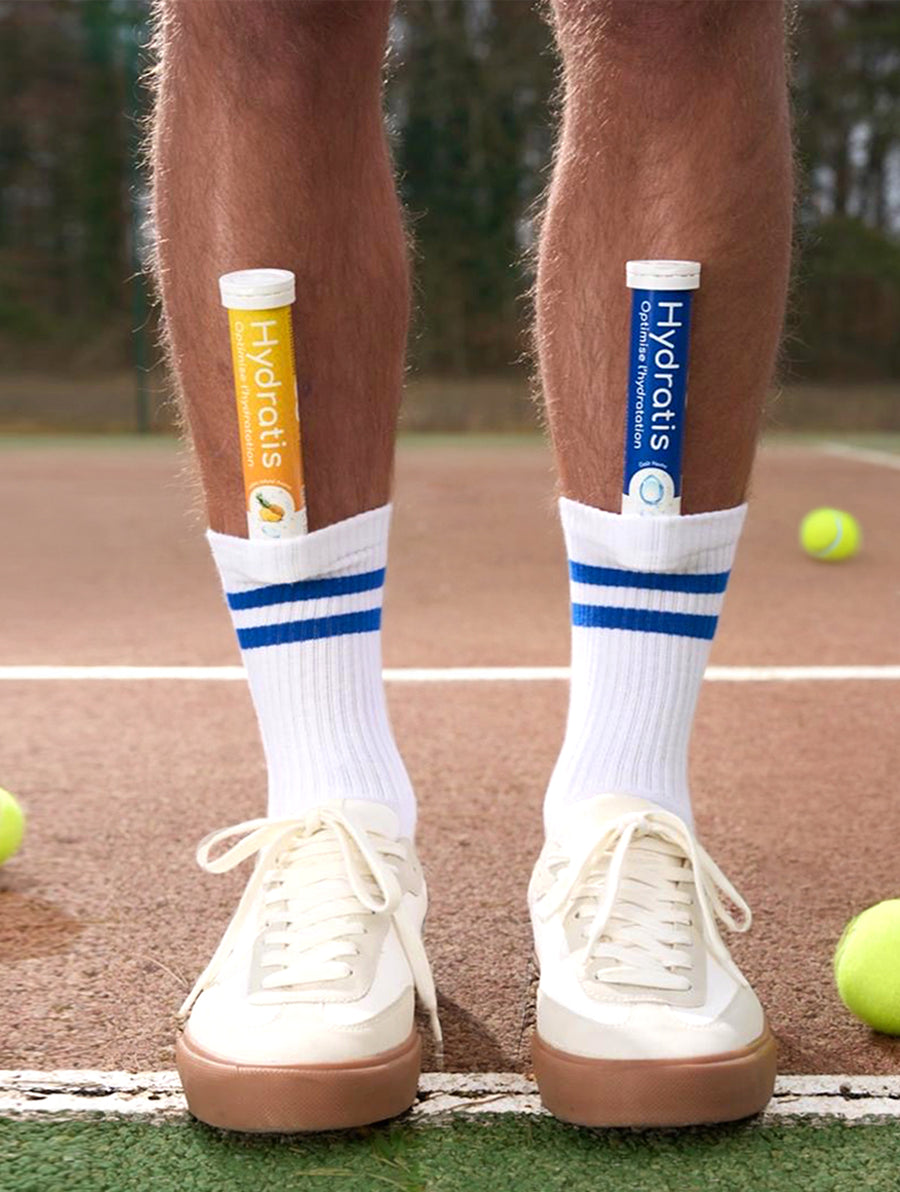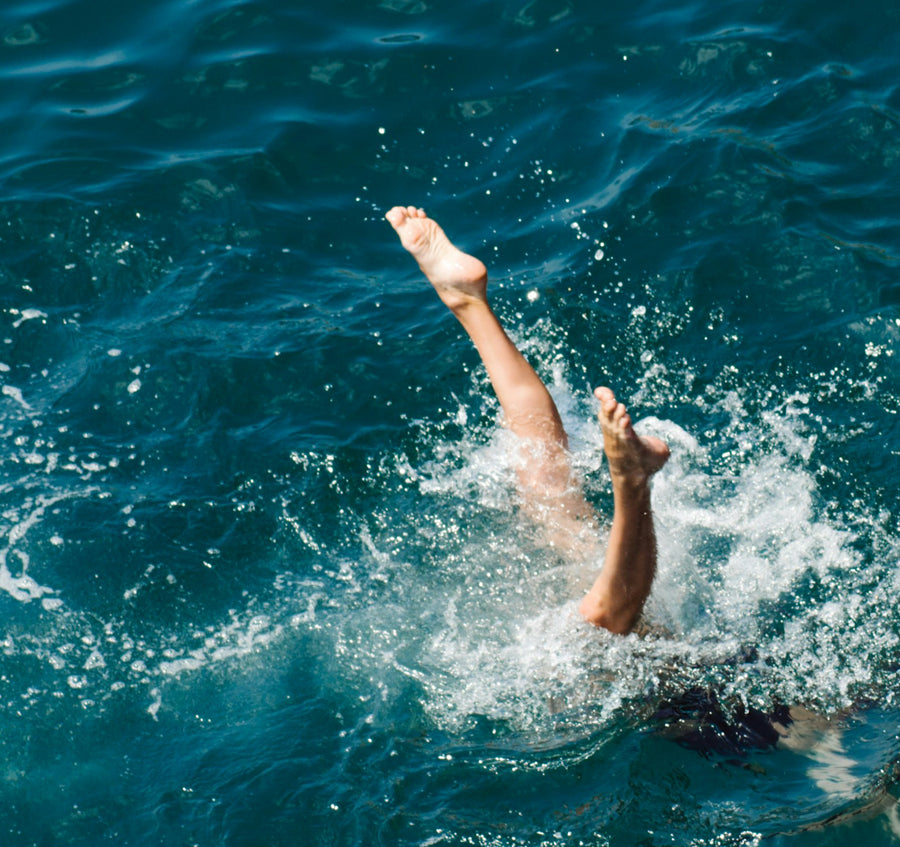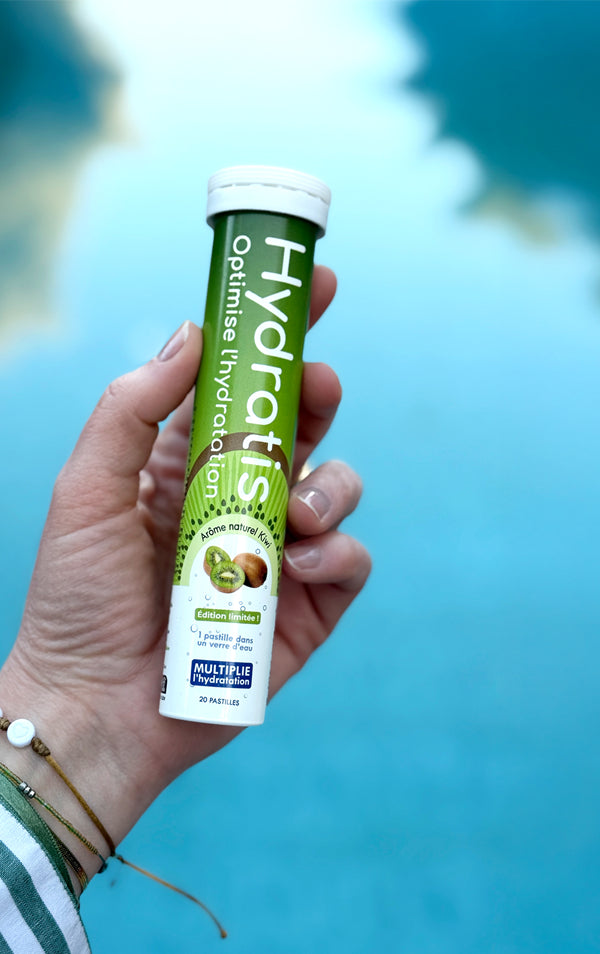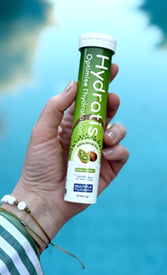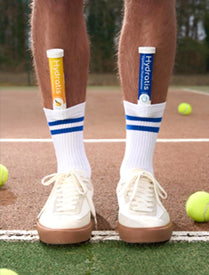In France, the average alcohol consumption, around 36 liters per person per year, raises questions about its effects, not only behavioral but also physical. One concern is its effects on the face . Therefore, in this article, we will examine the direct and gradual impacts of alcohol on the skin. First, we will look at immediate reactions such as dehydration and inflammation, which can be exacerbated by excessive consumption. Then, we will consider longer-term consequences, such as accelerated skin aging, which can be observed in people with chronic alcohol dependence. Our goal is to provide you with effective solutions to help minimize the effects of alcohol on your face.
The metabolic impact of alcohol on the face
Drinking alcohol significantly affects the body 's metabolism , thus directly impacting facial skin. It can disrupt hormonal balance and increase levels of cortisol, the stress hormone, which can accelerate skin aging . Alcohol also affects sleep quality, an essential factor for skin regeneration. A lack of restorative sleep exacerbates signs of aging such as wrinkles and sagging skin . Furthermore, alcohol can disrupt sebum production, leading to problems like acne or oily skin . Finally, its diuretic effect causes dehydration, which reduces skin elasticity and accentuates fine lines . To counteract these effects and avoid damaging your skin, it is recommended to moderate the amount of alcohol consumed during a night out, for example, and to prioritize adequate hydration with products like Hydratis solutions.
The immediate effects of alcohol on the skin
The short-term effects of alcohol consumption on the skin are often quickly noticeable. Alcohol, acting as a diuretic, causes significant dehydration, which can make the skin look dull , dry , and less elastic . This effect is often accompanied by a puffy or swollen appearance of the face, due to the dilation of blood vessels. Furthermore, alcohol consumption can cause temporary redness or rashes, particularly in people with sensitive skin or those prone to dermatological conditions such as rosacea. Short-term effects also include impaired sleep quality, which can manifest as dark circles or bags under the eyes .
The long-term effects of alcohol on the skin
The long-term effects of alcohol consumption on the skin can be profound and varied. Over time, alcohol can increase the risk of chronic dehydration , affecting the skin's elasticity and natural radiance. This dehydration contributes to accelerated skin aging, manifesting as more pronounced wrinkles and a loss of firmness.

Furthermore, the impact of alcohol on the liver and other vital organs can diminish their ability to effectively eliminate toxins, which in turn affects overall skin health. Over time, alcoholic beverages can also worsen conditions like rosacea, leading to redness and persistent inflammation.
The cause of facial puffiness due to alcohol
One of the most visible effects of alcoholic beverage consumption is facial puffiness. This reaction is primarily due to the dilation of blood vessels in the face, a phenomenon also caused by alcohol. This dilation leads to an inflammatory response that affects both the body and the face . Furthermore, the sugar in alcoholic beverages raises blood sugar levels and interferes with cell regeneration. This exacerbates skin problems and leads to negative aesthetic consequences that gradually appear and worsen over time. Chronic facial inflammation, in particular, is a distinctive sign of this long-term reaction to alcohol consumption.
Alcohol and the appearance of wrinkles
Skin dehydration
Consuming alcohol significantly contributes to skin dehydration due to its diuretic effect, meaning it increases the elimination of water by the kidneys. This effect leads not only to a "hangover" but also to an overall loss of hydration in the body and, consequently, in the skin. Ultimately, the skin loses its radiance and elasticity, making lips drier and fine lines more visible due to this dehydration.
Accelerated skin aging
Regular alcohol consumption accelerates skin aging, especially when combined with other factors such as an unbalanced diet, smoking, or UV exposure.
Impact on the liver
Furthermore, this type of beverage puts a strain on the liver , the organ responsible for neutralizing toxins, including alcohol. Excessive consumption can therefore lead to general fatigue and a slowing of the cell renewal process, resulting in the appearance of wrinkles.
Effect of sugar
The sugar in alcoholic beverages exacerbates this situation by increasing blood sugar levels and inhibiting cell regeneration, thus contributing to premature skin aging.
Mitigating the effects of alcohol on the skin: tips and care
Rehydration

Alcohol and tobacco
It is also important to avoid combining alcohol and tobacco, which can worsen skin problems.
A tailored skincare routine
A suitable skincare routine also plays a crucial role. Using a gentle cleanser , hydrating masks , and regularly applying moisturizer will help nourish and repair the skin.
UV protection
Protection from UV rays and a balanced diet are essential to preserve the elasticity and youthfulness of the skin.
Bibliography
- Impact of Smoking and Alcohol Use on Facial Aging in Women: Results of a Large Multinational, Multiracial, Cross-sectional Survey; (2019) - https://pubmed.ncbi.nlm.nih.gov/31531169/
- Reducing harm associated with alcohol consumption, 2001, INSERM https://www.inserm.fr/wp-content/uploads/2021-05/inserm-expertisecollective-alcool2021-synthese.pdf
- Alcohol and Alcoholism, Volume 35, Issue 1, January 2000; Acute effect of alcohol on androgens in premenopausal women - https://pubmed.ncbi.nlm.nih.gov/10684783/
